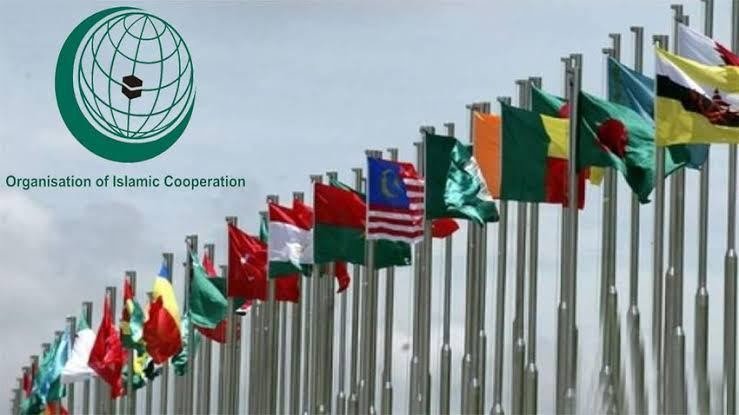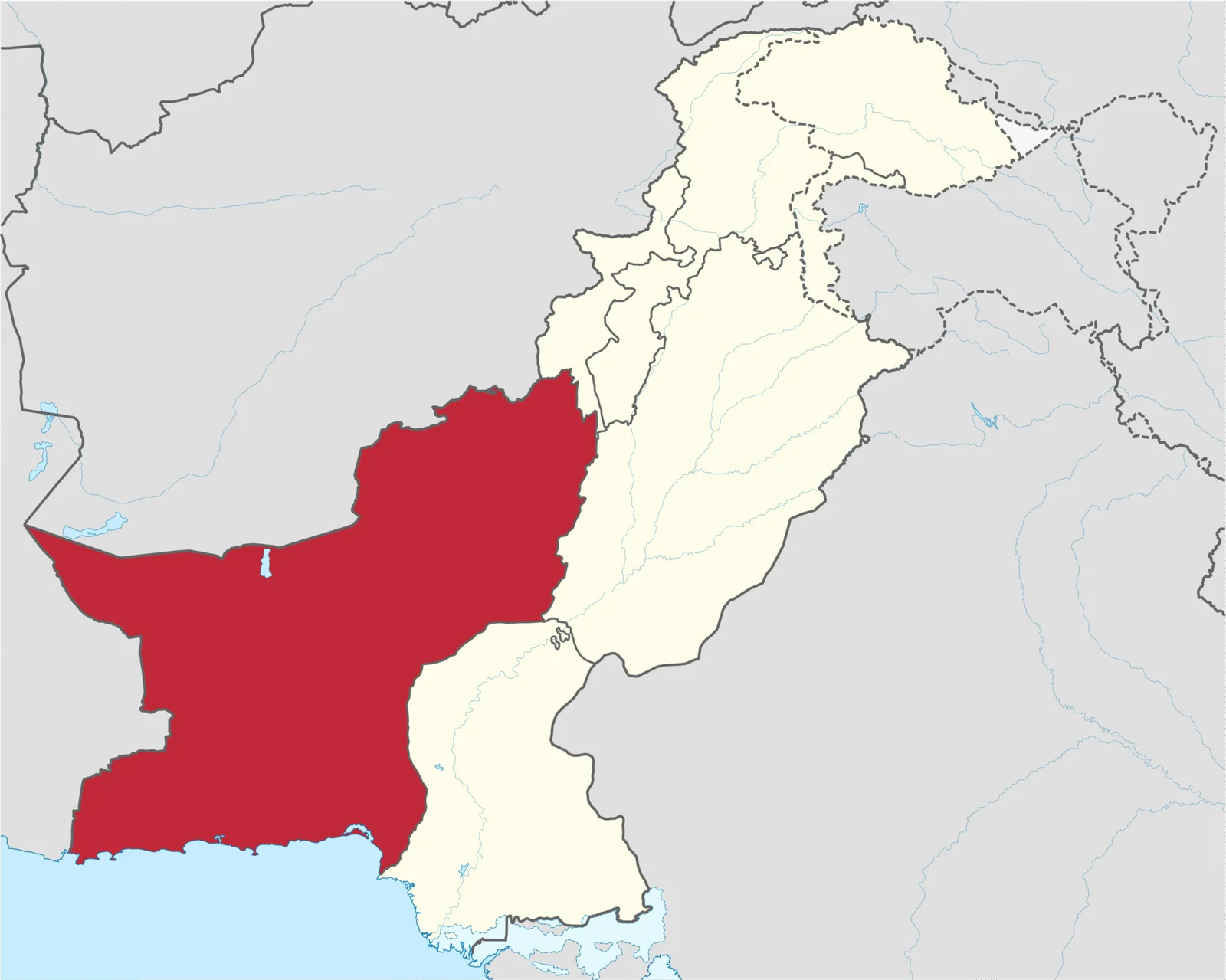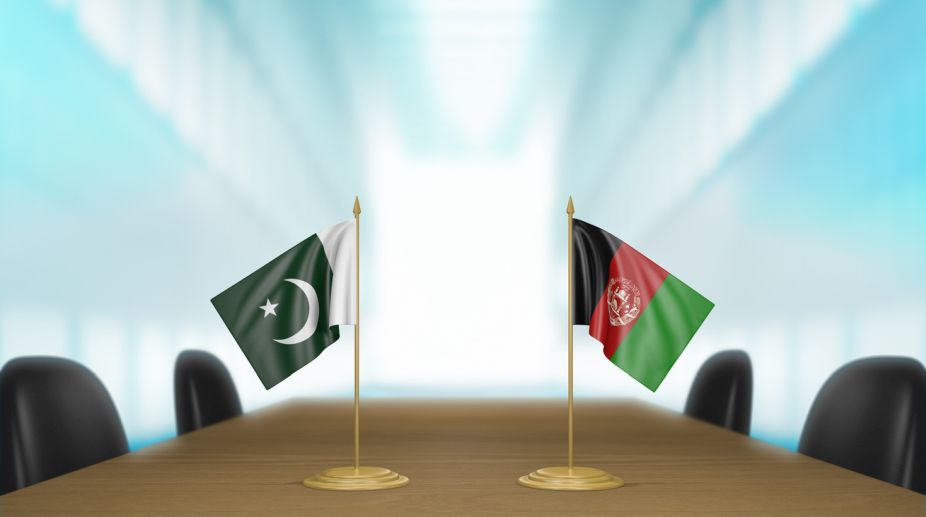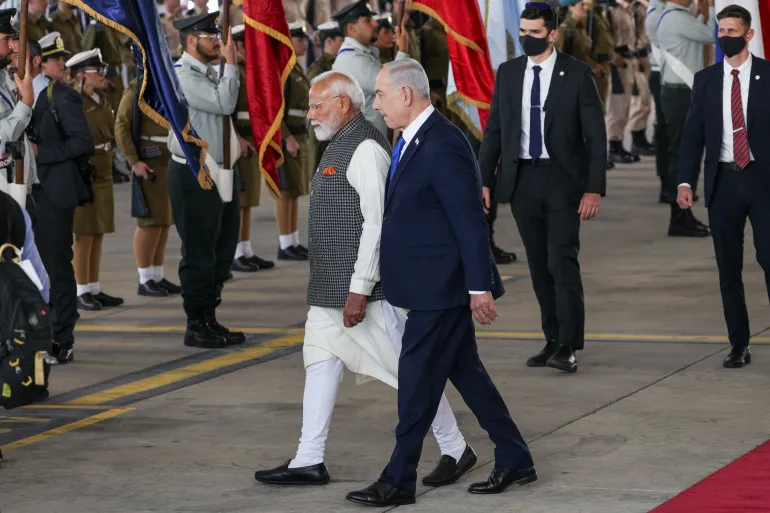Editorial
Pakistan stands at a pivotal moment in its educational evolution. As the digital transformation of education accelerates, it holds the potential to bridge longstanding disparities between rural and urban learners, enhance accessibility, and reshape how future generations engage with knowledge. The transition from traditional classrooms to online platforms isn’t just a trend—it’s a necessary response to the challenges of the 21st century.
With over 116 million internet users and 190 million mobile connections as of 2025, Pakistan has the infrastructure to support a nationwide shift to digital learning. Yet, 54.3% of the population remains offline, and 32% of children between 5-16 are still out of school. Digital education, if implemented inclusively, offers a realistic path toward universal literacy and reduced “learning poverty,” which affects 77% of primary-aged children.
The National Distance Education Strategy (NDES), approved in 2023, provides a strong policy foundation. But digital transformation demands more than strategy—it requires investment in infrastructure, teacher training, and content quality. Teachers must be empowered with digital skills and pedagogical innovation, while students need safe, structured online environments that support individualized, experiential learning.
Please subscribe to the YouTube channel of republicpolicy.com for quality podcasts:
Social media, while a powerful learning and networking tool, must be used responsibly. Digital literacy campaigns, parental involvement, and clear regulations are crucial to ensuring positive engagement and minimizing harm.
Achieving SDG 4 and the broader vision of a knowledge-driven economy by 2035 will depend on bold governance reforms, enhanced education funding, and strategic public-private partnerships. Pakistan must treat internet access as a fundamental right and digital education as a national priority.
The future of learning is digital—and inclusive, responsible transformation is the key to making education a shared national good.
















